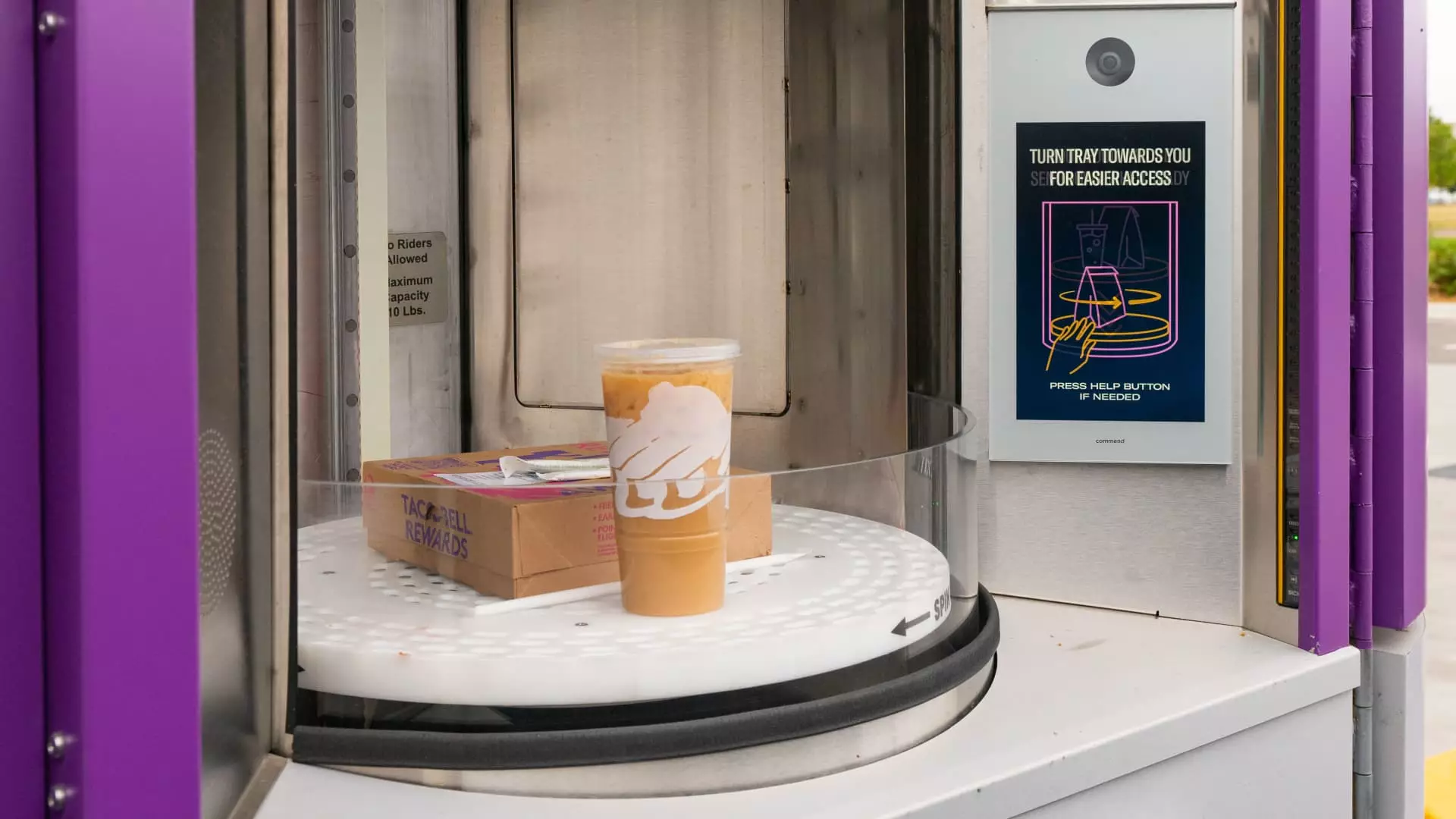The integration of artificial intelligence (AI) into various industries has become a widely discussed topic in recent years, with the tech sector often taking the spotlight. However, the food industry is also making significant investments in AI technology to enhance its operations and stay competitive in an ever-changing market.
As consumers continue to face food inflation and seek cost-effective options for their meals, the food industry is leveraging AI to streamline processes, cut labor costs, and ultimately reduce prices for customers. Recognizable brands like McDonald’s, Taco Bell, and Wendy’s have reintroduced value menus, while retail giants Walmart and Target have adjusted their pricing strategies to cater to budget-conscious shoppers.
McDonald’s, for example, recently announced a $2 billion investment in incorporating AI and robotics into its restaurant and drive-thru operations. This move is aimed at improving efficiency, enhancing the customer experience, and reducing operational costs in the long run. Similarly, grocery stores have allocated $13 billion for tech automation initiatives in 2022, with a projected 400% increase in spending on innovations like smart carts and self-checkout aisles by 2025.
While AI presents promising opportunities for the food industry, it also comes with challenges. As Neil Saunders, GlobalData’s managing director and retail analyst, pointed out, striking a balance between profitability, customer satisfaction, and operational efficiency in the current economic climate is extremely challenging. However, the adoption of AI and technology is seen as a way to overcome these challenges by enhancing the overall customer experience and simplifying the workload for employees.
Looking ahead, the food industry is poised to witness significant advancements in AI technology, with a focus on customer-centric innovations and operational efficiency. Joe Park, Yum Brands’ chief digital and technology officer, emphasized the potential of AI to revolutionize the industry by not only improving customer experiences but also making employees’ jobs easier. With continued investments in AI and tech automation, the food industry is gearing up for a transformative journey towards a more efficient and customer-friendly future.


Leave a Reply